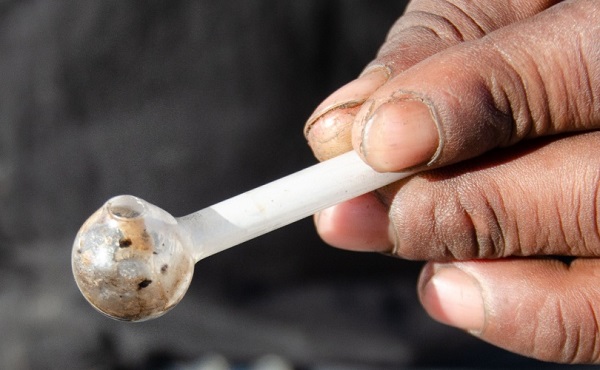Business
Craziest examples of government waste – Taxpayer Waste Watch

News release from the Canadian Taxpayers Federation
The feds are spending millions of your tax dollars trying to “green” their offices. Then the government is spending millions more of your tax dollars flying battalions of bureaucrats and politicians around the world.
Here’s a crazy idea: the government could save you money, and cut down on emissions, by skipping out on a couple taxpayer-funded international conferences.
Plus, we’ve compiled the craziest examples of government waste in one video. You’re going to love the video, but hate the waste.
All that and more in this week’s Taxpayer Waste Watch. Enjoy.
Franco.
Bank of Canada fixes with its left hand, what it breaks with its right
They say hypocrites are the kind of people who will cut down a tree, only to stand on the stump and give a speech about the importance of protecting forests.
Someone should get the fat cats at the Bank of Canada on the horn and let them know about that particular definition.
In recent years, the Bank of Canada dumped millions of your tax dollars into a green initiative aimed at lowering its carbon footprint.
Meanwhile, at the exact same time, its executives have been racking up frequent flyer miles while globetrotting to exotic, far-flung locales.
Burning through jet fuel and your tax dollars in the process.
Since 2020, the Bank of Canada dropped $4.1 million on its “greening the bank” initiative, a multi-year effort to measure and reduce its carbon footprint.
More than $1 million has been spent on internal program costs, alongside $950,000 on external consultants and studies, and $2.1 million on green investments.
On top of the greening the bank initiative, the Bank of Canada also signed a contract with the Delphi Group for up to $300,000.
The Delphi Group is a consulting firm “specializing in climate change, sustainability and ESG,” according to its website.
Six staff from the Delphi Group will aid the Bank of Canada’s “annual quantification of its GHG inventory,” according to records obtained by the CTF.
But if the Bank of Canada is looking for ways to lower its carbon footprint, it doesn’t need to spend millions hiring consultants.
All it has to do is look at its executives’ expense reports.
In 2023, Bank of Canada executives racked up $535,000 in travel expenses.
Bank executives took dozens of trips to exotic destinations, including Portugal, Japan, Greece, France, Sweden, Germany, India, Peru, the West Indies and Switzerland.
Bank Governor Tiff Macklem racked up $179,000 in travel expenses alone.
Macklem took 26 separate trips, including four visits to Switzerland, two to Sweden, two to India and one each to Morocco, Portugal, Japan and the Caymen Islands.
So first you’re forced to pay for first-class airfare so bank executives can jet set around the globe to attend conferences and give speeches.
And then you’re forced to pay for millions in consultant fees because the big brains at the central bank are confused why their carbon footprint is so high.
Needless to say, if they can’t crack that puzzle, then it’s little wonder why inflation has run rampant while ravaging the paycheques of taxpayers like you.
But don’t worry, folks.
If the bank runs out of your cash to blow on all these vacations – erm, sorry, we mean “work trips” – we’re sure they’ll just fire up the money printer to cover the costs.
Franco’s note: Any time we write about the Bank of Canada I need to mention this:
The Bank of Canada has one job: keep inflation low and around two per cent. Bank of Canada bureaucrats got $20 million in bonuses in 2022 while it hiked interest rates seven times and inflation reached a 40-year high.
This should go without saying, but bonuses are for people who do a good job, not people who fail at their one and only job.
Trudeau wants to spend your money on…
Every year, the federal government tables main and supplementary estimate documents that detail how your money will be allocated to fund government programs.
But with all the shenanigans currently holding up the House of Commons, the Trudeau government is worried they may not be able to fund these government schemes.
It’s a good bet Prime Minister Justin Trudeau and his minions will claim a vote is needed to make sure struggling Canadians get the help they need.
But the CTF read through the entirety of the recently-released Supplementary Estimates report to see what sort of spending the feds are actually proposing:
- $970 million to cover pay raises for bureaucrats
- $4.5 million for government advertising
- $46 million for the 2026 FIFA Men’s World Cup
- $20 million for Diversity, Equity and Inclusion at the Canada Media Fund
- $200,000 for Prime Minister Justin Trudeau’s plan to plant two billion trees
- $45 million for the gun confiscation scheme
- $6.9 million for pro-carbon tax ads
- $5.5 million for the Toronto Film Festival
- $3.4 million for settlements related to the Phoenix payroll fiasco
Does any of that sound like necessary government spending to you?
VIDEO: Craziest government waste
We’ve said it time and time again.
You pay too much tax because the government wastes too much money.
Don’t believe us? Then watch (and share) the video below.
CTF Federal Director Franco Terrazzano brings the receipts on some of the craziest government waste that’s out of Ottawa in recent years.
If you’re looking for more reading on taxpayer issues, we’ve got you covered.
Canada’s EV gamble looks even more foolish with Trump retaking the White House: https://torontosun.com/
Government employees scored $150M in standby pay last year: https://torontosun.com/
Saskatoon spent more than $300,000 to name new bus system: https://www.taxpayer.
Confirms $523K Rush Orders: https://www.
Trudeau’s bureaucracy boom: Salaries and spending spiralling out of control: https://www.
Premier Holt’s carbon tax flip-flop: https://tj.news/
Business
Meta Pushes for a Digital ID Revolution
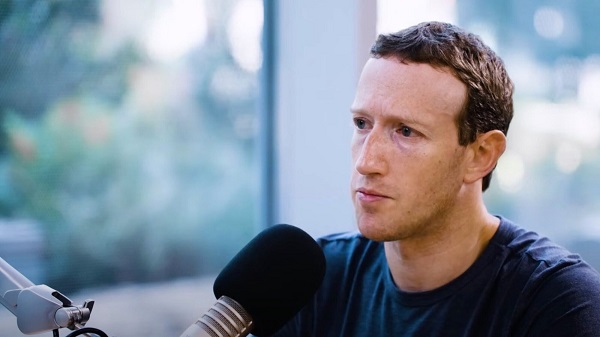
If you’re tired of censorship and surveillance, subscribe to Reclaim The Net.
|
Meta is coming out as a supporter of age verification, and the proposal the giant is putting forward exposes and sums up many of the points critics have been consistently making.
A blog post by Meta VP and Global Head of Safety Antigone Davis proposes to implement age verification at the operating system/app stores level. Although the narrative around child safety and difficulties of parenting “in the digital age” dominates the article, “the meat of it” are the implications that this approach brings with it: namely, it creates a situation where, down the line, people would be forced to link real-world identity to their phone’s operating system (OS).
And everything they do using the phone is exposed to that OS. Davis goes into how the EU (notably via the Digital Services Act) is trying to resolve the problem of age verification, but doesn’t think any existing methods are good enough; instead, new regulation is needed, the Meta exec argues – and that would be the one that “applies to all apps.”
It means incorporating “the point of approval” into the OS or app stores. The parents would be notified when their child downloads an app, which would allow them to approve it. (The idea seems to be that if a jurisdiction has laws that prohibit a certain category of minors from using certain apps – it would be the parents’ job to “enforce” that.) It might not sound like a very reliable way to ensure compliance, but it would achieve some goals, in the grand scheme of things, quite separate from what the “think of the children” argument seeks to present as the reason for the age verification push. Meta is trying to lead the way here in introducing “industry standards” – the proposal looks to embed the technology into different operating systems and app stores. When it comes to what a social media company should consider age-appropriate content, Meta is again urging common “standards” that would be observed by everyone. And, some countries already require that parents provide government-issued ID to app stores in order for their children to use a phone and set up accounts. Meta wants the EU to “mandate by a legislative framework that applies across all member states and for all apps teens use.” |
|
|
|
You subscribe to Reclaim The Net because you value free speech and privacy. Each issue we publish is a commitment to defend these critical rights, providing insights and actionable information to protect and promote liberty in the digital age.
Despite our wide readership, less than 0.2% of our readers contribute financially. With your support, we can do more than just continue; we can amplify voices that are often suppressed and spread the word about the urgent issues of censorship and surveillance. Consider making a modest donation — just $5, or whatever amount you can afford. Your contribution will empower us to reach more people, educate them about these pressing issues, and engage them in our collective cause. Thank you for considering a contribution. Each donation not only supports our operations but also strengthens our efforts to challenge injustices and advocate for those who cannot speak out.
Thank you.
|
Business
Ottawa’s GST break and rebate cheques amount to bad policy
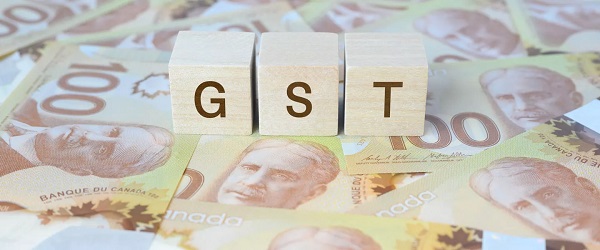
From the Fraser Institute
By Jake Fuss and Grady Munro
On Thursday, the House of Commons passed legislation (tabled by the Trudeau government) that would temporarily suspend the federal Goods and Services Tax (GST) on select items from December 14 to February 15 at an estimated cost of $1.6 billion, as part of the government’s “more money in your pocket” plan. The legislation now goes to the Senate for approval.
The government has delayed a separate proposal—to give Canadians $250 rebate cheques—in light of NDP demands to expand eligibility to include seniors. The original proposal would have sent cheques to an estimated 18.7 million Canadians (who worked in 2023 and earned $150,000 or less) at a cost of $4.7 billion. While aimed at all Canadians, this proposal is eerily similar to the recent move by Ontario’s Ford government, which plans to send $200 cheques to Ontarians. And again, it’s just bad policy.
Why?
Consider this. During the recent discussion about increasing Old Age Security payments by 10 per cent for seniors aged 65 to 74, former Bank of Canada governor David Dodge said, “The last thing that we need to be spending money on at this point in time is boosting consumption for relatively well-off people.” This critique also applies to the Trudeau government’s $250 rebate cheques, which would go to many well-off Canadians. Indeed, based on the government’s original proposal, a couple earning a combined household income of up to $300,000 could receive these cheques.
Moreover, because onetime payouts and temporary tax breaks don’t incentivize people to work and invest, they don’t help raise living standards. But permanent tax cuts, such as reducing personal income tax rates or lowering capital gains taxes, would provide a stronger incentive for Canadians to work more and make investments because they get to keep more of the money they earn. That would help drive economic growth, create jobs and provide more economic opportunities for workers across the income spectrum.
In fact, the Trudeau government’s plan may actually hurt economic growth in the long run. The government is expected to run budget deficits for the foreseeable future, and will likely borrow the billions needed to pay for the GST break and $250 cheques. In other words, this “relief” package will likely increase the federal deficit in 2024 and potentially 2025. By borrowing more money, the government will increase the tax burden on future generations of Canadians who ultimately must pay off today’s debt. And just as lower taxes improve economic incentives, this higher future tax burden will worsen incentives and likely stifle economic growth and reduce living standards.
Don’t be deceived. While it’s nice to get a cheque in the mail and have a couple months free of the GST for some items, the Trudeau government’s “more money in your pocket” plan is bad policy.
-
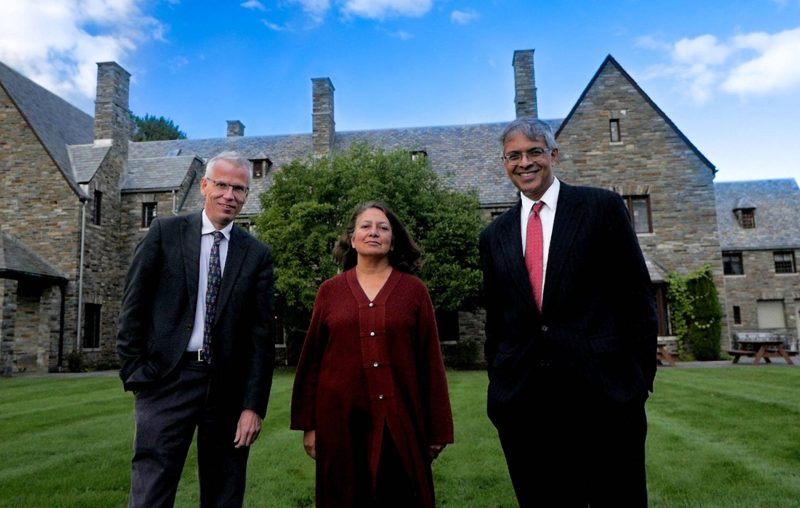
 Brownstone Institute2 days ago
Brownstone Institute2 days agoJustice Is Served: Jay Bhattacharya Chosen to Be NIH Director
-
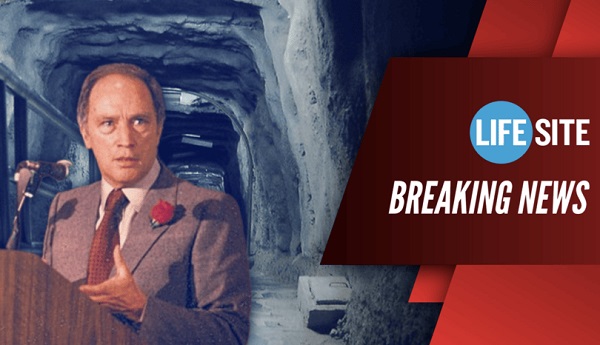
 Crime1 day ago
Crime1 day agoTrafficking victim advocate analyzes testimony of reported survivor of elite abuse network
-
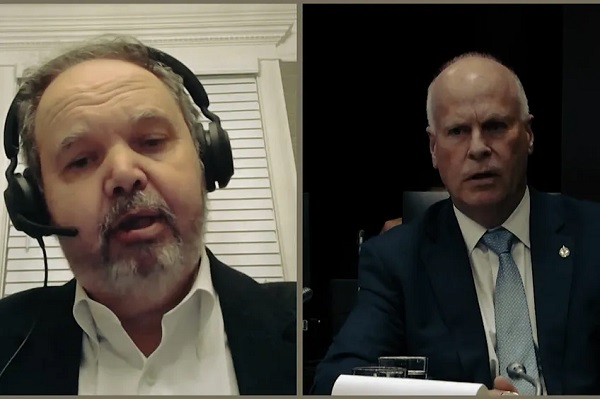
 Business2 days ago
Business2 days agoGreen Energy or Green Grift? SDTC at the Center of a $38 Million Scandal
-

 Crime2 days ago
Crime2 days agoThe Bureau Exclusive: The US Government Fentanyl Case Against China, Canada, Mexico
-
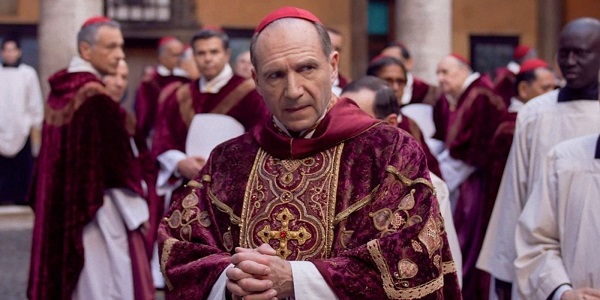
 Bruce Dowbiggin2 days ago
Bruce Dowbiggin2 days agoClimate & Covid: How The Certainty of Elites Destroyed A Decade
-

 COVID-191 day ago
COVID-191 day agoOntario healthcare workers file $170 million class action over COVID mandates
-

 Opinion1 day ago
Opinion1 day agoSaanich BC mother outraged after man in bikini used same change room as daughter: report
-

 Business16 hours ago
Business16 hours agoHurricane Donald, Or Not, Canada Should Have Fixed These Problems Long Ago






